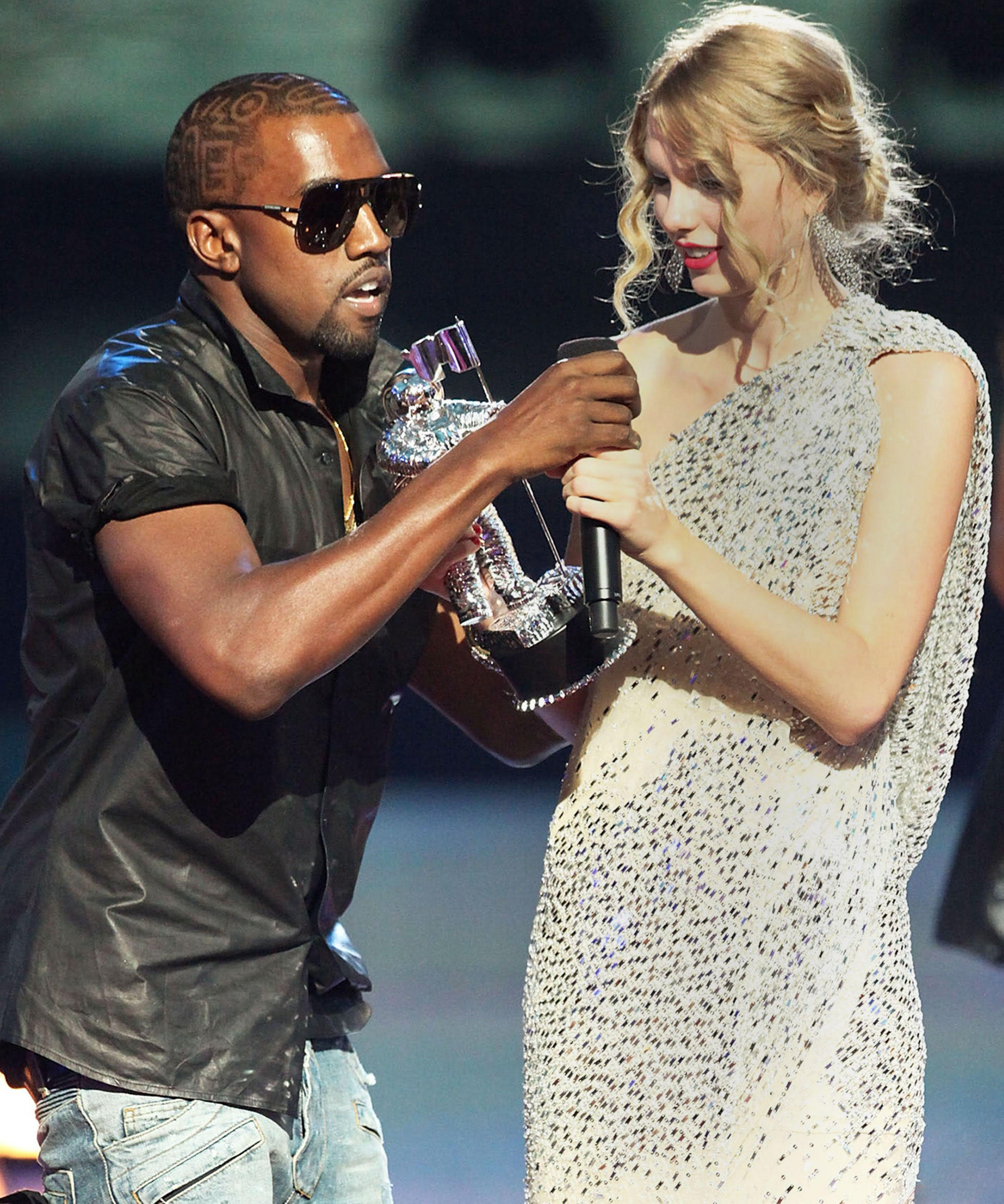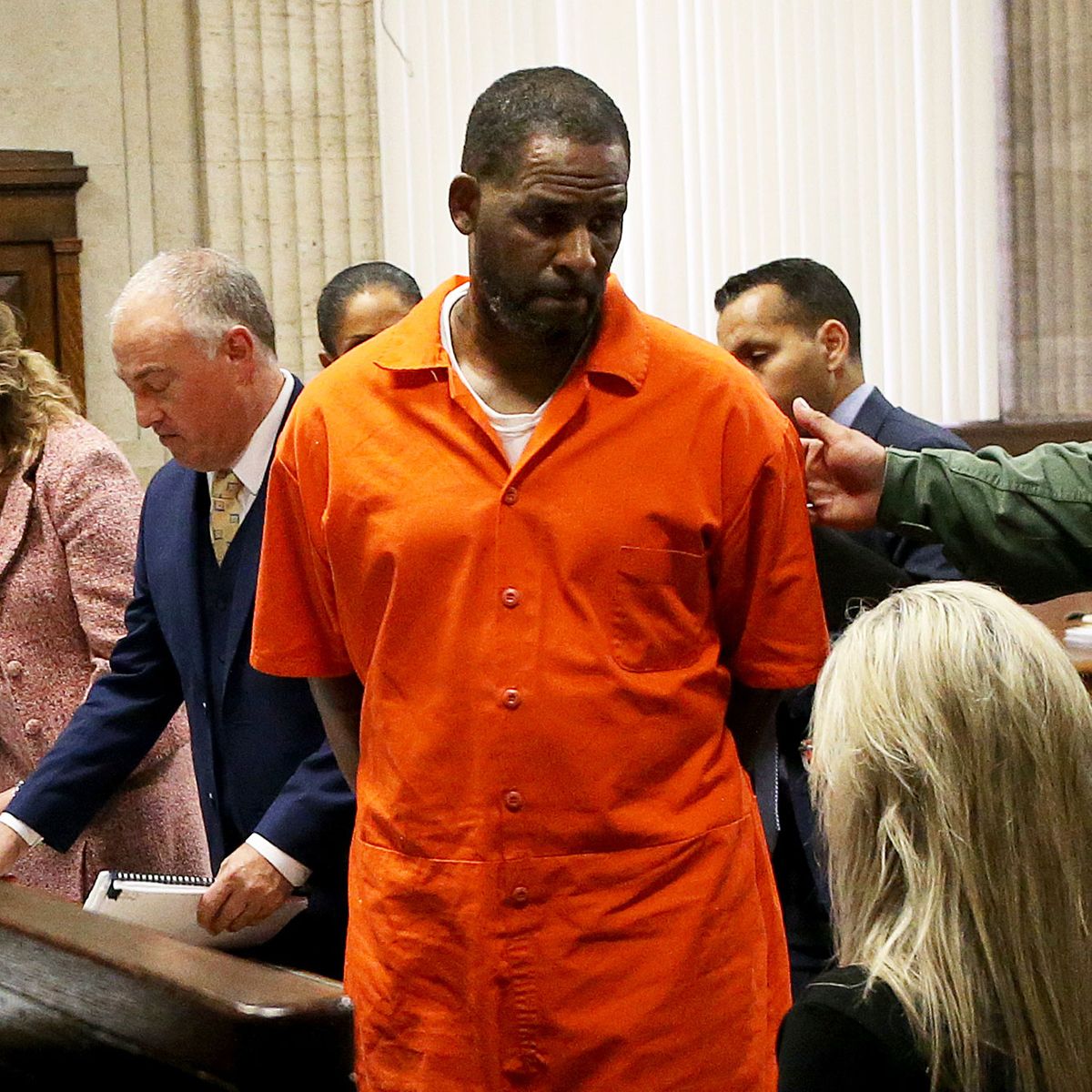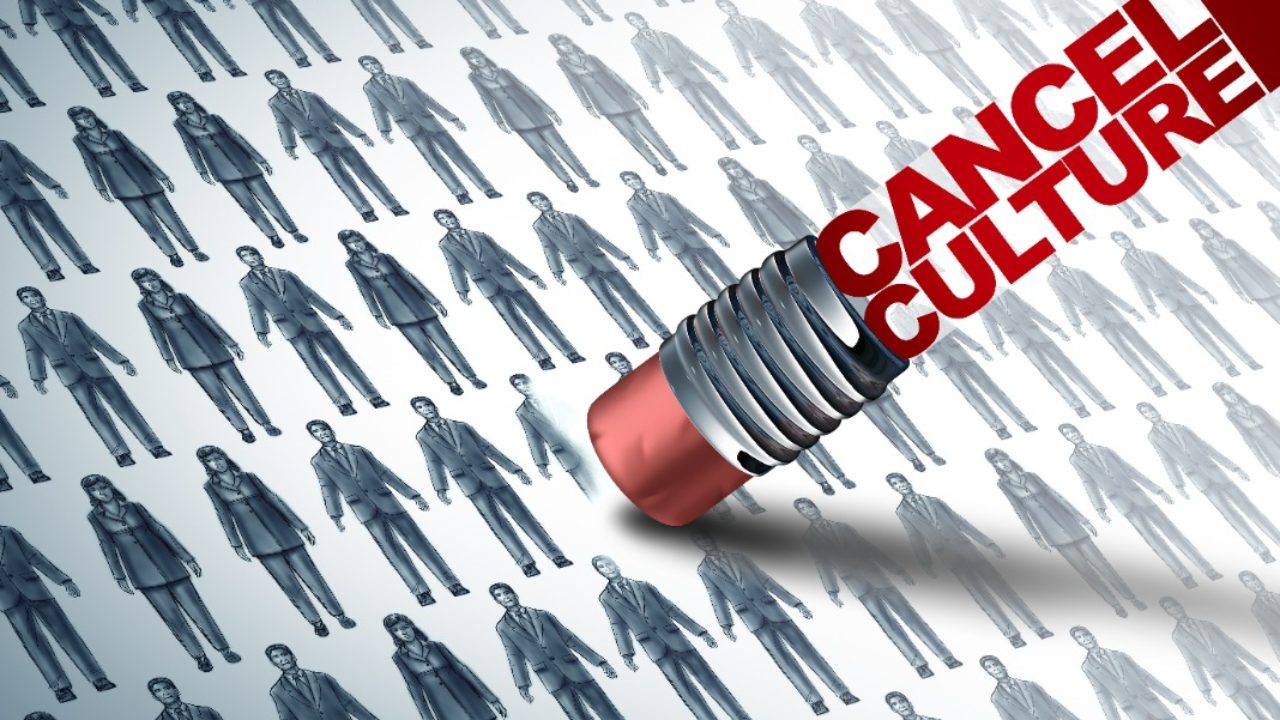CANCEL CULTURE
Shame on You! You're Canceled!


Just think about it for a moment. At some time in your life, you probably said something that wasn’t politically correct or done something you wish you had not. Now, if you’re just a regular guy slogging away at life, you’re likely to escape any embarrassment and are relieved smartphones weren’t around when you were young and dumb. If you’re a public person or someone on the way up and your past comes back to haunt you, well, it might be curtains for you.

According to Dictionary.com, “Cancel Culture” refers to the popular practice of withdrawing support for (canceling) public figures and companies after they have done or said something considered objectionable or offensive. [It’s] generally discussed as being performed on social media in group shaming.”
Public shaming and witch hunts are nothing new. This tactic dates back to 1692 when women were accused, tried, and burned at the stake during the Salem Witch trials. Later in 1933, university students burned more than 25,000 “un-German” books in Berlin’s Opera Square as thousands gathered to watch and cheer. In the 1950s, Senator Joe McCarthy launched his witch hunt as he attempted to ruin many Americans’ lives, accusing them of subversion or treason without any real evidence.
In the 21st century, the age of social media, public shaming and Cancel Culture can be swift. The idea of canceling celebrities, public figures, and companies had gained traction since the #metoo movement when thousands of women came forward about their sexual abuse and named their abusers. Harvey Weinstein, Bill Cosby, R. Kelly—canceled. While Weinstein and Cosby were found guilty and sentenced, R.Kelly sits in jail waiting for his day in court. No doubt, there is little sympathy for the demise and cancellation of these predators.

In what seems like a couple of celebrities whining, the feud between Taylor Swift and Kanye West resulted in millions of haters taking to Twitter with #TaylorSwiftisCanceled. Comedian Kevin Hart was scheduled to host the 2019 Academy Awards show until his homophobic tweets resurfaced, and the comedian was replaced. Recently, Twitter users tried to cancel late-night talk show host Jimmy Fallon for an episode of Saturday Night Live from 2000, which featured Fallon doing an impersonation of his fellow cast member Chris Rock while in blackface. Fallon took to Twitter with an apology. Harry Potter author J.K Rowling was condemned on social media for making transgender comments and Ellen Degeneres is in crisis management mode since reports of a toxic work environment. Singer Lana Del Ray was under fire for a misinterpreted Twitter post and #lanadelrayisoverparty followed. Soon after pop-star, Doja Cat got her own Twitter cancel party.

Some argue that Cancel Culture is justified because people are held accountable for their actions. Dr. Jill McCorkel, professor of sociology and criminology at Villanova University said in an interview with the NY Post, “The collective canceling of someone, even on the internet creates a sense of solidarity and reinforces the feeling of togetherness, that we are a group…and we don’t tolerate that kind of behavior.”

In an interview with CNN, former presidential candidate Andrew Yang addressed the cancel culture phenomenon, “I think that our standards have become unfair, and we’ve become unduly vindictive and punitive…we’re all human and we can forgive.”
Last October, former President Barack Obama took on this topic addressing young people and social media during the Obama Foundation Summit, “This idea of purity and you’re never compromised and you’re always politically ‘woke’ and all that stuff. You should get over that quickly. The world is messy, there are ambiguities. People who do really good stuff have flaws. People who you are fighting may love their kids. And share certain things with you.” He said he is bothered by a trend he sees “among young people particularly on college campuses” where “the way of me making change is to be as judgmental as possible about other people and that’s enough…that’s not activism. That’s not bringing about change. If all you’re doing is casting stones, you’re probably not going to get that far. That’s easy to do.”
In today’s climate, Cancel Culture leaves no room for disagreements, and it’s not forgiving. Forget about the days of duking it out, screaming at each other, and then agreeing to disagree. That seems as old fashioned now as picking up a phone and having a conversation. To have an opinion and to express it has always been considered a right. Does the Cancel Culture now cancel freedom of speech? Some argue that cancellation is not a threat to freedom of speech, but is freedom of speech. There aren’t always two sides to every issue, but it seems the Twitter culture is winning for now.



